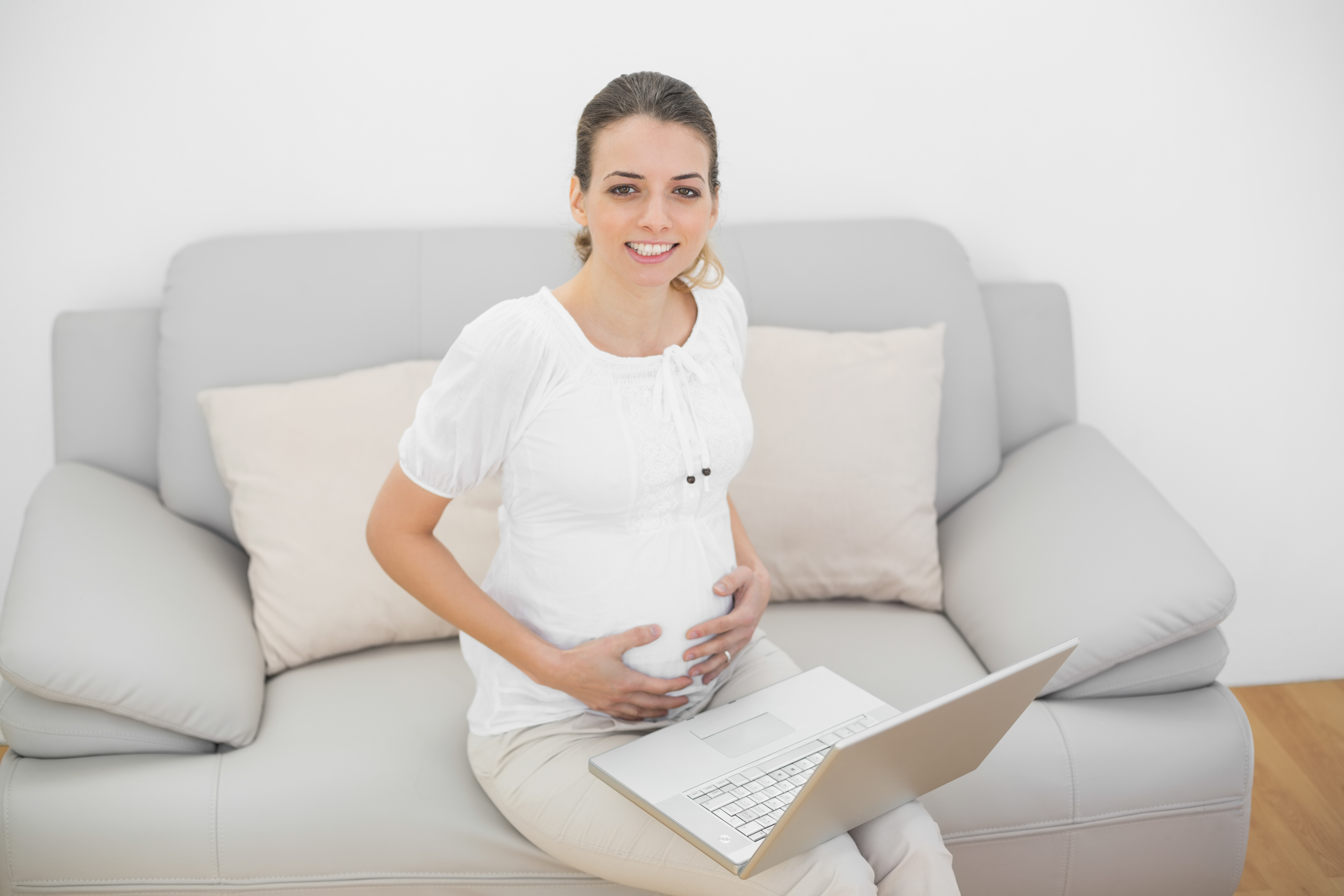The leaves are changing colors, it’s getting chillier outside, and your bump is growing!
Welcome to being pregnant in the winter! Finding comfortable maternity winter coats and sweaters, figuring out how to deal with heat flushes in the snow, and pregnancy health in the Winter months are all very important and we will be discussing all!
Welcome to your abridged Winter Maternity Survival Guide!
- Get the Flu Vaccine.
So so so important. Nothing is worse than having the flu… except having the flu while pregnant.
“With pregnant women, their immune systems are down,” Dr. Roshan says. “Sometimes, because of the placenta, they get hot and cold, hot and cold—they’re more prone to develop the flu and that sometimes can cause major problems. Sometimes they get really sick and they need to be intubated.” Being sick is not good for you, your baby, or your partner. Take care of yourself!
By right shoes, I mean shoes that are comfortable, anti-slip, and warm. if they happen to be cute, that’s great but it’s not a priority! Falling on ice is dangerous for both you and your baby. Invest in a good, stable pair of rubber-soled shoes or boots with good traction (i.e., deep treads)—you’ll walk more confidently. Your “center of gravity is off and changing when pregnant,” notes Lillian Schapiro, MD, an ob-gyn in private practice in Atlanta, Georgia, so “you need good shoes whether on ice or not.” If you do slip and take a spill, don’t worry—in general, the baby is well-protected in the womb, Schapiro says, “and you have a great maternal instinct to put out your arm to protect the baby if you fall.”
- Go outside and be active!
Winter weight gain is all too real for all of us.
“Maintaining activity and not eating too much is important. The more weight a pregnant woman gains, the bigger the baby gets and then you have more complications. Keeping weight gain to an ideal level is very important. If they’re not ambulating as much because of the weather, they can go on a treadmill, a bicycle, an elliptical, or they can swim or go to the gym as long as they don’t exhaust themselves,” Dr. Roshan says.
Be careful, however, when venturing out in severely cold weather. Never go out when there is a weather advisory warning and, when you do, make sure to layer with fleece.
- Use a humidifier.
Who likes nosebleeds?
No one!
It’s no secret that when you blast the heat in your apartment, the air gets dry quickly. “I tell pregnant women that if their apartments are too hot or dry they should have a humidifier so they don’t end up with nosebleeds. Sometimes opening a window is good to balance the temperature,” Dr. Roshan says. Some people may believe that discomfort is the only drawback of dry air and that humidifying may not be worth the trouble. The truth, though, is that dry air may sometimes pose threats to both your health and your home. Dry air may lead to you experiencing some of the following symptoms, dehydration, respiratory conditions, such as asthma and sinusitis, irritation of the skin, eyes, nose, and throat.
- Get a Maternity Coat!
Many women feel as if getting a maternity coat is a waste of money. However, especially if you are thinking about adding to your family in the future, it is truly a worthwhile investment. If you’ll be late in your second trimester or in your third during the coldest winter months, don’t try to squeeze your expanding body into your regular winter coat. You’ll feel better about yourself, and will be way more comfortable (and warmer), if you shell out for a real maternity coat. They can be a little tricky to find, so don’t wait till the depths of winter to start looking—buy one early or online. Check your local thrift shops or second-hand stores for maternity winter coats as well as sales in department stores. A warm winter coat that fits over your stomach is an important accessory especially if you’re planning on venturing out into the cold often.


